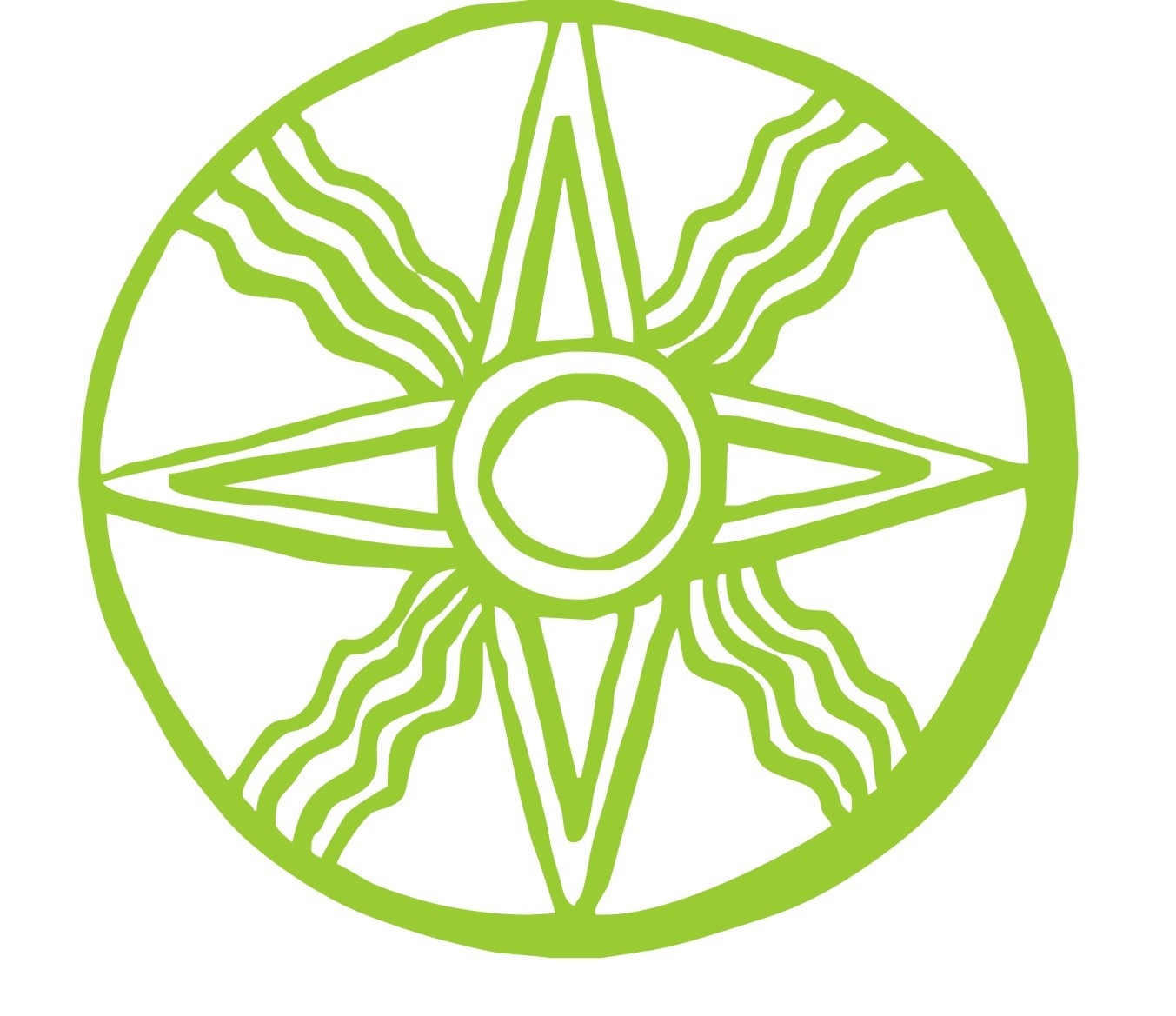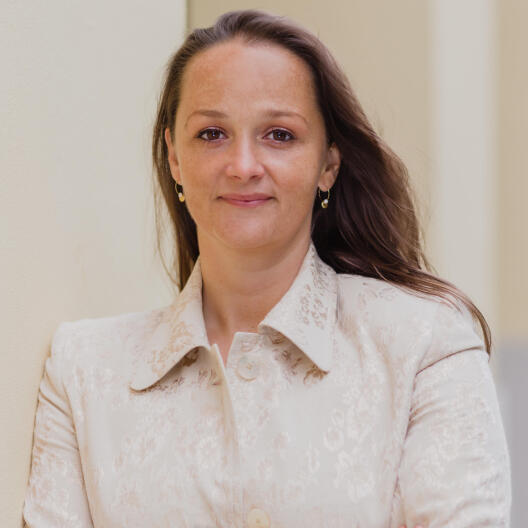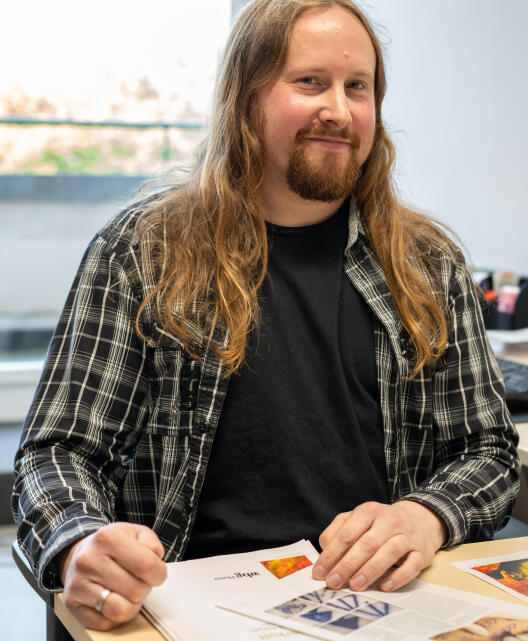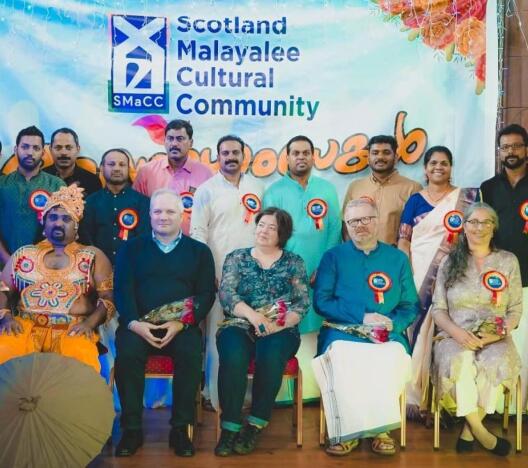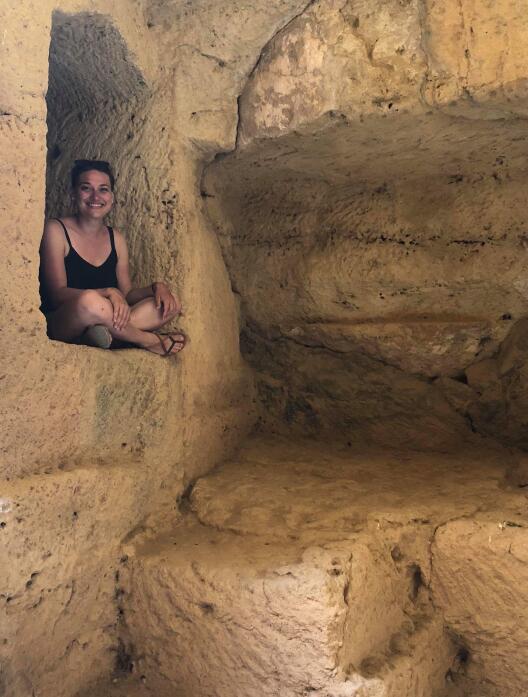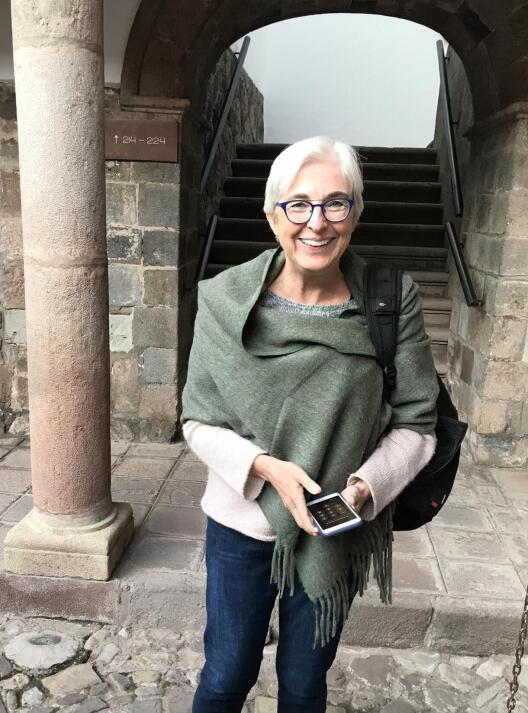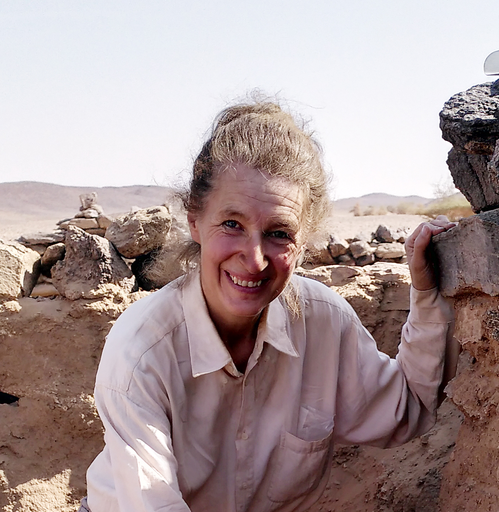"NEWS OF THE ANCIENT WORLD" (NADAW)

In "News of the Ancient World", current research has been in conversation since April 2022.
The idea came about as part of the AKOEM Master's programme. In a relaxed atmosphere, scientists present their projects, give one or two tips on studying and sometimes even chat informally. Dr. Nikola Moustakis accompanied the students in this project on science communication - from the first information on technical equipment, to thoughts on the name and logo, to the first interviews - and cordially invites you to listen.
Podcast founding team: Jessica Schellig, Franziska Steiger, Emre Yüzüncüoglu, Nikola Moustakis.
Lotta Dümeland, Natalie Kraneiß and Felix Schäfer are part of the team since the 2022/23 winter semester
In the summer semester 2023: Silvia Böhmer, Hannah Jasiewitz, Sophie Krüger.
The team currently (2025) includes: Lotta Dümeland, Pina Klemme, Natalie Kraneiß, Frauke Kreiser, Christoph Müller, Kim Aileen Renzel, Felix Schäfer, Nikola Moustakis.

